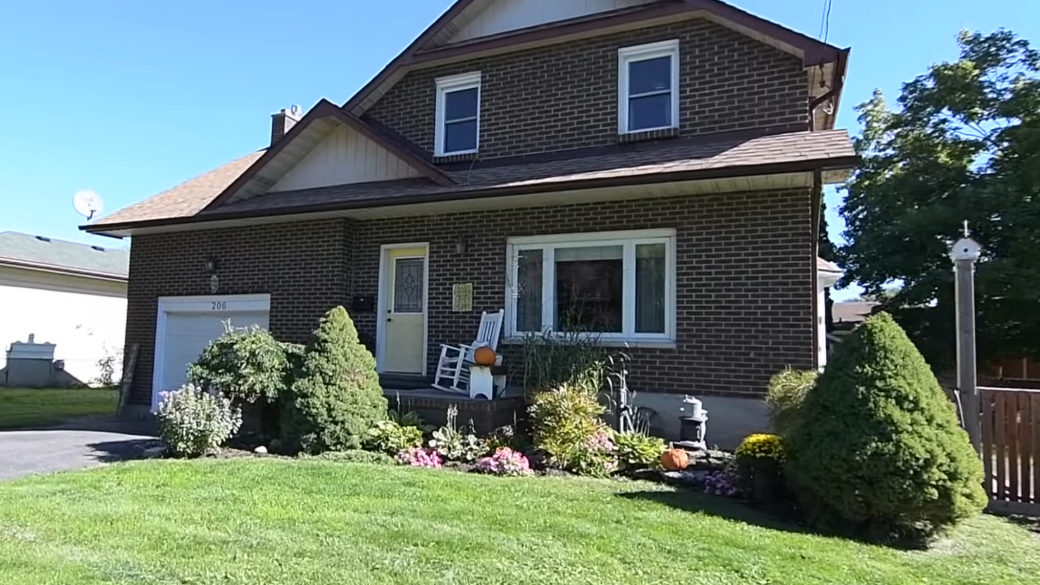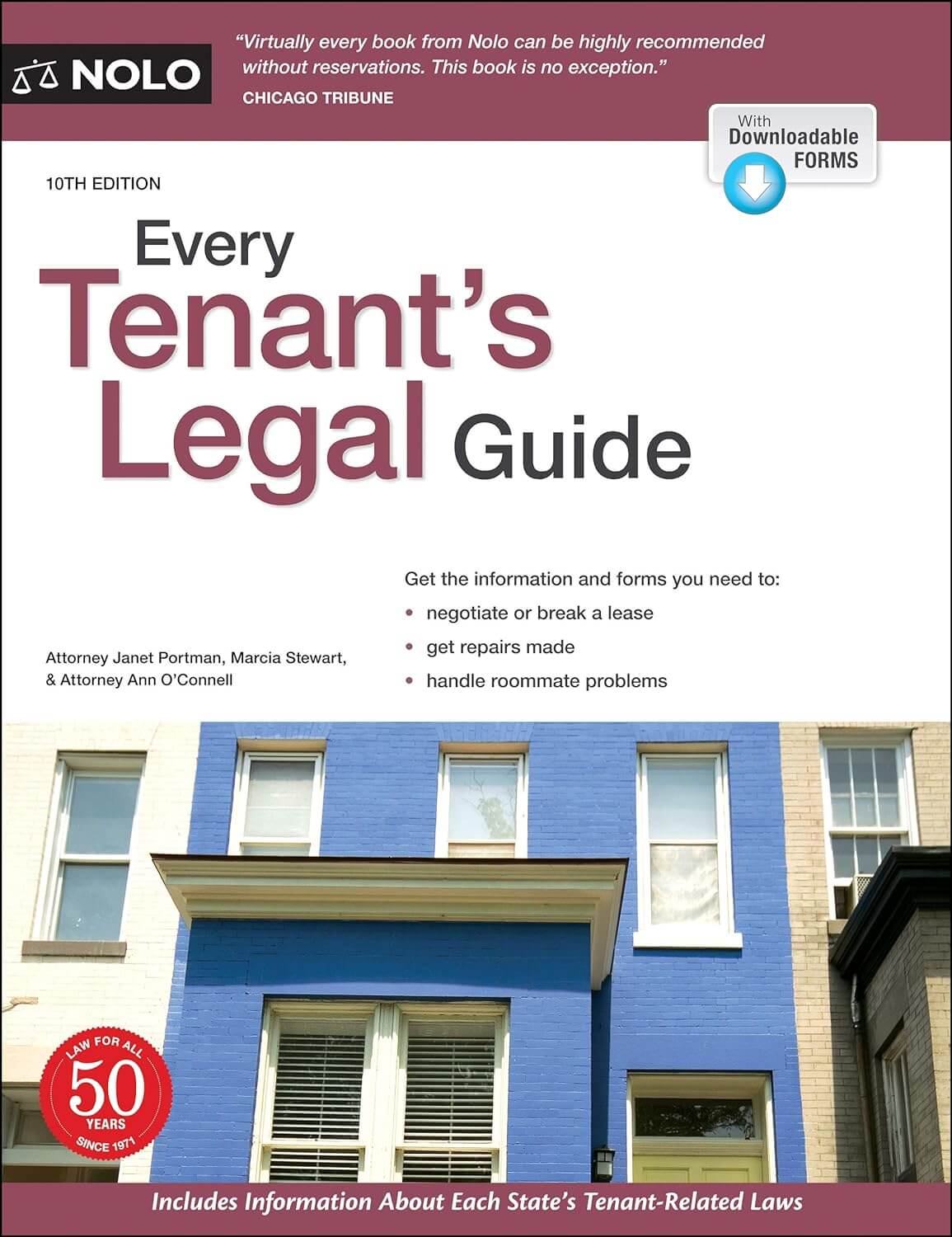9 Things to Put on your Rental Application if Living with Parents
Are you currently living with your parents but you’re ready to leave the nest? If you’ve started searching for a place to live, you may be wondering what to put on a rental application if living with your parents.
Whether you’re not living on your own at the moment, there’s still lots of information you can provide to help property managers, landlords and/or real estate agents assess your rental application and determine whether you’re a good fit for the property.
If you’re ready to start searching to rent your own place, here’s 9 key things to consider when filling your rental application to move through the process:
1. Contact Information
Your basic contact information should be the first thing you should include on your rental application. This should include your full name, phone number, and email address. It’s important to provide an accurate and up-to-date phone number and email address so that landlords or property managers know how to reach you.
It’s a smart idea to include your parents’ contact information on your rental application if you’re moving out of their home. The landlord or property manager can use them to verify your existing living situation and ensure that you’re not misrepresenting your living situation.
2. Employment Information
Your employment information is the second thing to put on a rental application if living with your parents. It Includes your current employment or income source, along with your employer’s contact details. You should also indicate, if you’re a student or not currently employed and provide details about any additional sources of income you may have.
Providing employment information is important because it helps the landlord or property manager assess your ability to pay rent on time. If you have a stable job or other source of income, it can provide reassurance to the landlord or property manager that you will be able to afford the rent and meet your financial obligations. If you don’t make 3 times the rent, there could be some issues. To get round this, your parents could lease an apartment for you, or be your guarantor.
3. Residential History
If you’re still wondering what to put on a rental application if living with your parents, your rental history, if there’s any, should also be included. This includes your previous landlords’ name and contact information, as well as the dates you rented the property. You may skip this section if you’ve never rented before.
It’s important to include your rental history because it gives the landlord or property manager the opportunity to verify your rental history and confirm if you have a good track record of paying rent on a timely manner. The chances of being approved for the rental are increased if you have a good rental history.
4. Monthly Expenses
Any bills or payments you’re responsible for, such as credit card payments, car payments, student loan payments, and other bills should be included on a rental application if you’re living with your parents. The landlord or property manager will assess your ability to pay the rent on time and determine if you can afford the rental by knowing your monthly expenses.
5. References
References play an important role in your rental application. Personal or professional references, such as those from your current or former employer are acceptable. It’s important to select references that can attest to your positive personal qualities and ability to pay your rent in a timely manner.
You can even use your parents as references, if you’re still living with them. If you don’t have a lot of rental history or professional references, this can be extremely helpful. Just make sure that your parents understand that they might be asked to provide references.
6. Additional Information
This section is for any additional information that you think may be relevant to your rental application. Two examples of this are either a co-signer or a higher-than-required security deposit. This is a good chance to also let your potential new landlord know if you’re a smoker or not, as some landlords do not tolerate smoking in apartments.
If you have a cosigner, you should double check if they are aware of their obligations and are willing to co-sign the lease. If you’re offering a higher-than-required security deposit, make sure that you have the money available and that you are aware of the terms and conditions of the deposit.
7. Pet Information
Another piece of information that should be included in your rental application is the existence of any pets you may have. This can include the pet’s breed, size and its spaying or neutering status. The landlord or property manager may need more information or documentation of the pet(s) to determine If the rental property allows pets.
It’s crucial to be honest about having a pet and provide all the essential information. Make sure that your pet is permitted before submitting your rental application as some rental properties have restrictions on the type or size of pets that are allowed.
8. Reason for Moving
A brief explanation of why you want to move out of your parents’ home may be considered a bonus on your rental application. This may assist the landlord or property manager in understanding your reason for renting and determine if you’re a good fit for the rental property.
A change in education or employment, wanting more independence, or wanting to start a family, are some common reasons for moving out of your parents’ home. It’s important to be upfront and honest about the reasons so that the landlord or property manager can assess whether you’re a suitable fit for the property.
9. Emergency Contact
At the end of your rental application you should include, the name and phone number of an emergency contact. This can be a family member or a friend who can be contacted in case of an emergency or if you’re not available.
It’s crucial to give the landlord or property manager a way to contact someone if they’re unable to reach you directly. Make sure that your emergency contact knows that they are on your emergency contact list and they’re available to be reached in the event of an emergency.
First Time Renting? Make Sure to Know your Rights
If your landlord knows you’ve never rented a property before, they may try and take advantage of you. They could ask you to pay for repairs you shouldn’t need to, they may not repay your security deposit, or they could even unfairly evict you.
This Nolo Every Tenant’s Legal Guide gives you all of the information you need to ensure your rental process goes smoothly. You’ll understand how to negotiate a rental agreement, how to deal with property issues, and more. If you want to save the worry for your first time renting, make sure to get this book bundle.
View the Official Edition here
Conclusion
If you’re wondering what to put on a rental application if living with parents, there’s still plenty of information you can provide to help landlords and property managers assess and decide if you’re a suitable fit for their property. You can increase your chances of being approved for the rental by providing accurate and comprehensive information as mentioned before.


